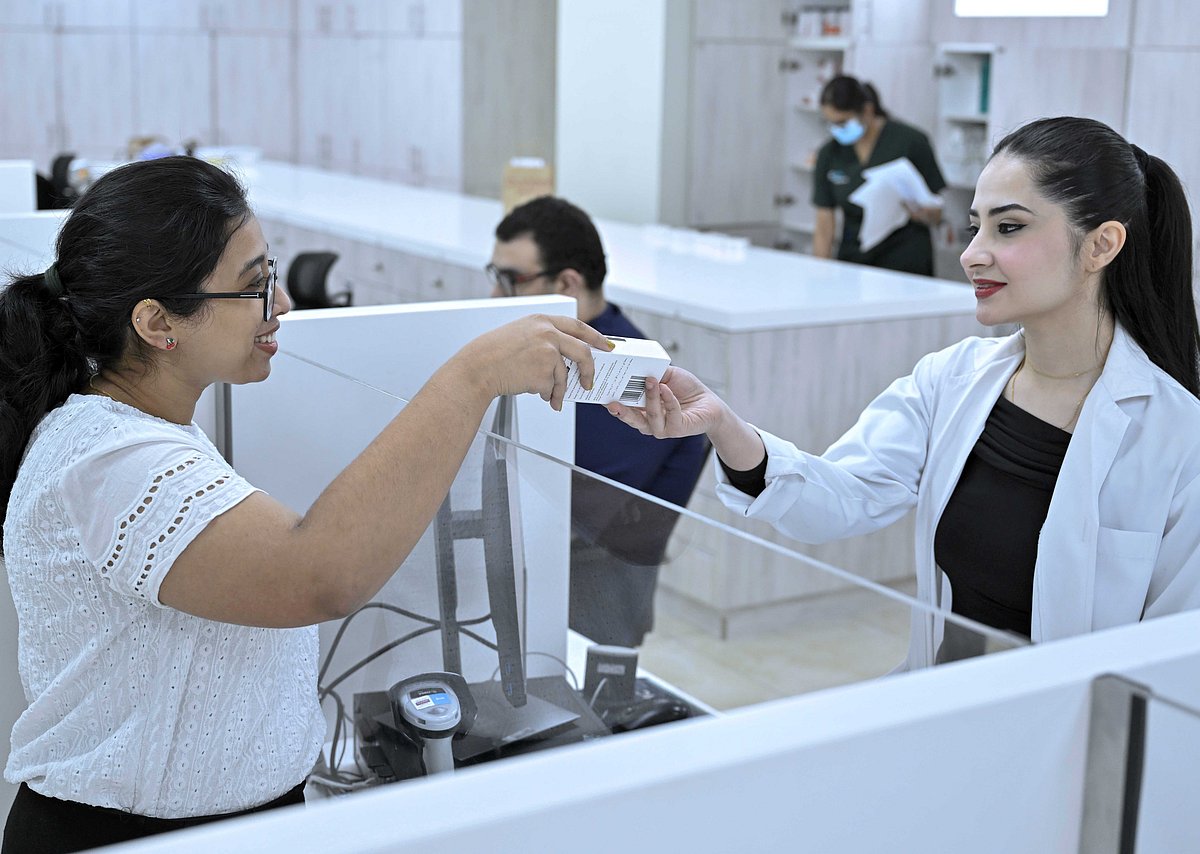Self-medication on the rise: UAE experts warn of hidden risks
‘OTC medicines can help, but professional guidance is crucial to avoid issues’

Self-medication is becoming increasingly common across the UAE, but medical experts warn that over-the-counter (OTC) medicines, while convenient, carry hidden risks if used improperly. This trend is particularly relevant in the age of AI, as many community members rely on tools like ChatGPT for medical advice and purchase medications from pharmacies without consulting a doctor.
Growing trend in self-care
Ravi Sharma, Chief Pharmacy Officer at Burjeel Holdings, Abu Dhabi, said the trend reflects greater health awareness among the public, as well as the expansion of pharmacy services and digital health platforms.
“Across the UAE, we are seeing a growing trend in self-care and increased use of over-the counter medicines. When done responsibly, self-medication can play a positive role in supporting people to manage minor conditions efficiently,” he said.
However, Sharma cautioned that OTC medicines are not a substitute for professional medical advice.
“Using medicines for prolonged periods, such as pain relief or nasal decongestants, or combining them with existing prescription drugs, can lead to avoidable complications,” he noted. “We also see cases where individuals delay seeking care for more serious symptoms, which can impact long-term health outcomes.”
Professional advice is essential
Pharmacists, Sharma said, play a crucial role in ensuring safe self-care.
“Our pharmacies are often the first point of contact for patients. Pharmacists are trained to guide the public, identify warning signs, and ensure medicines are used appropriately. This aligns with the UAE’s vision for a modern, accessible healthcare system that blends innovation, preventative care, and clinical expertise.”
‘Increasing dose on their own’
Sharma shared a recent case study highlighting the importance of professional guidance. A young adult had been self-treating persistent headaches with OTC analgesics for several weeks. Believing the pain was stress-related, he increased the dose on his own, assuming OTC medicines were always safe. During a pharmacy consultation, signs of medication-overuse headache and potential gastric irritation due to excessive analgesic use were identified by the pharmacist. The patient was counselled, referred to a doctor, and provided guidance on safe pain management. Following clinical evaluation, his symptoms improved, avoiding unnecessary risks.
When self-medication goes wrong
Dr Fabrizia Grace Graziani, Specialist in Family Medicine at Aster Royal Clinic, Arabian Ranches, underlined that even familiar OTC products and herbal supplements carry risks.
“Doctors across the Emirates often see cases of self-medication gone wrong. One common example is paracetamol overdose: taking multiple cold or pain remedies containing acetaminophen can silently damage the liver and lead to acute liver failure,” she said.
“Another is the prolonged, unsupervised use of ibuprofen or other NSAIDs, which may cause stomach ulcers, kidney injury, and raise blood pressure. A third involves combining supplements with prescription therapy – for instance, taking calcium carbonate or iron tablets together with levothyroxine (a thyroid medication) reduces its absorption, leading to poor thyroid control. These interactions are often overlooked because both products are available without a prescription.”
‘Guidance not guesswork’
Dr Graziani pointed to herbal remedies such as St. John’s Wort, which reduces the effectiveness of birth control pills, anticoagulants, and antidepressants by speeding up their metabolism.
“Such cases remind us that ‘natural’ or ‘herbal’ doesn’t mean risk-free. Even vitamins and minerals can interfere with essential treatments. Before starting any new medicine or supplement, consult a physician. Safe health decisions rely on guidance – not guesswork,” she added.
Sign up for the Daily Briefing
Get the latest news and updates straight to your inbox
Network Links
GN StoreDownload our app
© Al Nisr Publishing LLC 2026. All rights reserved.